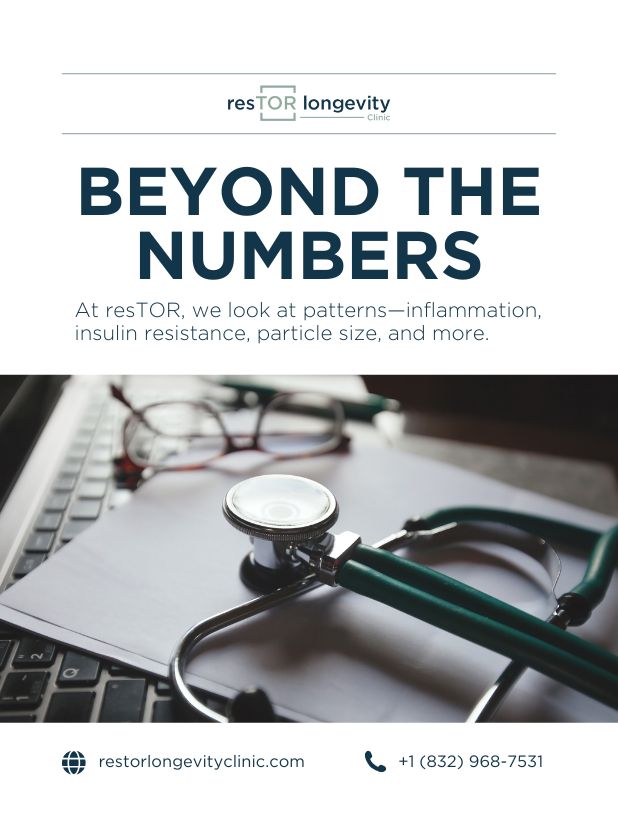Did you know that 70% of our body's repair processes occur at the cellular level? Embracing daily habits that promote cellular repair is not only essential for longevity but also for overall health and well-being. In this article, we’ll explore small yet powerful lifestyle changes that can significantly enhance your cellular health, from prioritizing quality sleep to managing stress effectively. Dive in to discover actionable insights that could transform your health journey and promote a longer, healthier life!
Understanding Cellular Repair
Cellular repair is a fundamental process that occurs in our bodies to counteract the damage cells endure from various stressors. This damage can stem from external factors like environmental pollutants, UV radiation, and significant lifestyle choices such as poor diet and lack of exercise. To promote longevity, we must harness the potential of these cellular repair processes and enhance them through our daily habits.
Key Habits to Promote Cellular Repair
1. Prioritize Quality Sleep
Sleep is undoubtedly one of the most critical aspects of health that impacts cellular repair. When we sleep, our bodies engage in a series of restorative processes including hormone regulation, muscle growth, and immune function enhancement. Here’s how to optimize your sleep for better cellular health:
- Establish a Sleep Routine: Consistency is key. Going to bed and waking up at the same times each day helps regulate your body’s internal clock.
- Create a Restful Environment: Ensure your bedroom is cool, dark, and quiet. Block out noise and light with curtains or white noise machines.
- Limit Screen Time Before Bed: Blue light from screens can disrupt melatonin production. Aim to turn off devices at least an hour before bedtime.
2. Stay Hydrated
Hydration is vital for supporting detoxification processes, nutrient delivery, and metabolic functions within your cellular structure. Consider the following tips to help you stay adequately hydrated:
- Drink Water Regularly: Aim for at least eight 8-ounce glasses of water daily, but adjust depending on your physical activity level and climate.
- Eat Hydrating Foods: Incorporate fruits and vegetables high in water content, like cucumbers and watermelon, into your diet.
- Limit Diuretics: Caffeine and alcohol can lead to dehydration, so consume them in moderation.
3. Manage Stress with Mindfulness
Chronic stress can significantly hinder cellular repair and negatively impact your overall health. Implementing mindfulness and breathwork practices can help maintain your stress levels in check. Here are some practical techniques:
- Practice Deep Breathing: Spend a few minutes each day focusing on your breath. Inhale deeply through your nose, hold for a few seconds, then exhale slowly through your mouth.
- Engage in Mindfulness Meditation: Allocating even 10-15 minutes a day for mindfulness meditation can enhance your mental clarity and lower stress-related hormones in the body.
- Incorporate Regular Exercise: Physical activity boosts mood and reduces cortisol levels, thereby providing your body the opportunity to focus on repair and recovery.
Nutritional Strategies for Cellular Repair
Your diet plays an essential role in cellular health, and incorporating specific nutrients can fortify your body's repair mechanisms.
4. Focus on Whole Foods
Whole foods are less processed and retain more nutrients, which are crucial for cellular repair. Consider these suggestions:
- Emphasize Fruits and Vegetables: Fill your plate with colorful fruits and vegetables to ensure you are getting a broad spectrum of essential vitamins and antioxidants.
- Healthy Fats Are Your Allies: Incorporate sources of omega-3 fatty acids like fish, flaxseeds, and walnuts, which support cell membrane integrity and reduce inflammation.
- Limit Sugar and Processed Carbs: High sugar intake and processed foods can lead to cellular damage and inflammation.
5. Essential Vitamins and Supplements
Sometimes diet alone may not provide sufficient nutrients needed for optimal cellular repair. Consult with a healthcare provider about:
- Vitamin D: Essential for immune function and cellular health.
- Antioxidants like Vitamin C and E: These vitamins protect cells from oxidative damage and support the body’s repair processes.
- Coenzyme Q10: This supplement is known for its role in energy production and may aid cellular repair processes.
The Role of Exercise in Cellular Repair
Engaging in regular physical activity is crucial for cellular health. Exercise promotes blood circulation, which facilitates nutrient delivery to cells and enhances oxygen transport. Strive to include:
- Aerobic Exercise: Activities such as walking, running, or cycling can boost cardiovascular health and increase the body’s overall efficiency in repair processes.
- Strength Training: Lifting weights can help build muscle mass, improving metabolism and facilitating cellular rejuvenation.
- Flexibility and Recovery Workouts: Incorporating yoga or stretching can enhance mobility and aid recovery, ensuring your cells can repair efficiently.
The Importance of Consistency
Implementing these daily habits is key to achieving lasting benefits in cellular repair and overall health. Remember that changes don’t need to occur all at once. Start with one or two adjustments, then gradually incorporate others at a pace that feels manageable. Consistency, rather than intensity, often leads to the most sustainable results.
What Changes Can You Make at Home?
In pursuing effective habits that support cellular repair and longevity, the goal is to build a foundation in self-care. By prioritizing sleep, maintaining hydration, incorporating mindfulness practices, and focusing on nutrition and exercise, you can set yourself on a path to better health for years to come. Don’t wait for change; start implementing these daily habits now!



